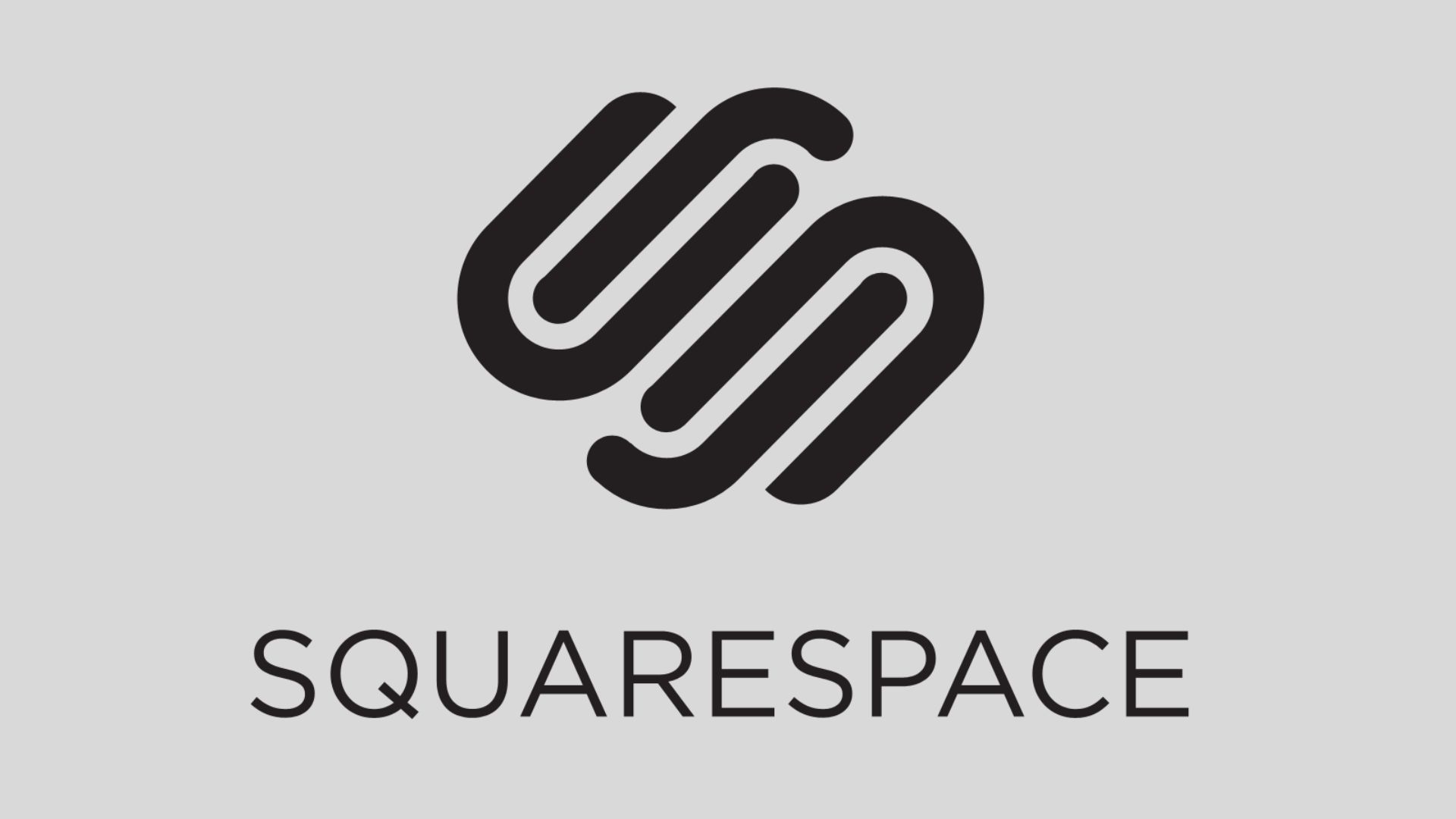WordPress vs Squarespace: Which CMS is better in 2025?
Compare two leading CMS tools


WordPress is the world's most popular CMS platform. It powers over 60% of websites globally. But with WordPress.com, you also get managed hosting and maintenance.
Pros
- Unlimited customization options
- 59,000+ available plugins
- SEO-friendly by design
- Cost-effective solution
- Highly scalable platform
Cons
- Steep learning curve
- Requires regular maintenance
- Security concerns exist
- Performance issues possible

Squarespace is an all-in-one website builder platform. It's designed for users who want professional results quickly. It also handles hosting and maintenance automatically.
Pros
- Beautiful professional templates
- User-friendly interface
- All-in-one pricing
- Built-in ecommerce features
- Automatic updates
Cons
- Limited customization options
- Higher costs
- Basic SEO tools
- Template switching limitations
WordPress.com and Squarespace are both excellent website building choices in 2025. WordPress offers unlimited flexibility through its open-source CMS. But, Squarespace provides an elegant all-in-one solution for new users. Each platform serves different user needs effectively.
The key differences lie in complexity and control. WordPress requires more technical knowledge but offers unlimited possibilities. Squarespace prioritizes ease of use with beautiful templates and streamlined features. This guide will help you determine which platform matches your specific requirements and technical comfort level.
WordPress vs Squarespace: A detailed breakdown
Feature | WordPress | Squarespace |
|---|---|---|
Starting price | $4/month (Personal plan) | $16/month (Basic plan) |
Free plan | Yes (with limitations) | No (14-day trial only) |
Templates | 13,000+ themes available | 200+ professional templates |
Editor type | Block editor with full customization | Drag-and-drop visual editor |
Plugins/Extensions | 59,000+ plugins available | Limited built-in features |
eCommerce | Full WooCommerce integration | Built-in store features |
SEO tools | Advanced SEO plugins available | Basic SEO tools included |
Hosting | Separate hosting required | Included in all plans |
Customization | Unlimited with coding | Template-based limitations |
Maintenance | User responsible | Fully managed |
Learning curve | Steep for beginners | Beginner-friendly |
Mobile optimization | Theme-dependent | All templates mobile-ready |
WordPress vs Squarespace: Features
Both platforms are designed to be easy to use, even for those who don’t necessarily have any experience with web design or coding. Squarespace offers a drag-and-drop editor that allows you to simply move elements around on the page to create a website exactly as you want it. WordPress also offers an intuitive WYSIWYG (what you see is what you get) editor so that you can quickly customize your site’s look and feel.
Both WordPress and Squarespace offer users a wide range of customization options. With WordPress, there are thousands of themes available that can easily be installed with just a few clicks. Squarespace also offers a variety of templates for different types of websites, including ecommerce platforms, portfolios, blogs, and more.
But with WordPress, you can customize nearly every aspect of your website design according to your exact specifications. This means that if you want to create something totally unique and eye-catching, it’s possible with WordPress. However, this also means that you need some coding knowledge in order to make use of this level of customization.
Squarespace takes a different approach by offering template-based designs that are already created for you. If you’re not comfortable with coding or don’t have time to create a custom design from scratch, then that makes it easy to get started quickly. That said, Squarespace's latest 7.1 update has made big changes to design flexibility so templates are only the starting point of your design canvas.
WordPress and Squarespace also differ in terms of their content management systems (CMS). A CMS is the underlying technology behind any website and determines how content is stored and displayed on the web pages. WordPress uses an open source software base, which allows for maximum flexibility when it comes to designing and coding your site. Squarespace relies on its own proprietary CMS which gives users less control over how their sites are designed and coded but makes it easier for users who don’t know HTML or CSS.
Sign up to the TechRadar Pro newsletter to get all the top news, opinion, features and guidance your business needs to succeed!
WordPress vs Squarespace: Ease of use
WordPress is known for its flexibility and scalability, but for people who are new to website building, its complex user interface can be intimidating and cumbersome. In order to get up and running with WordPress, you need to have some knowledge of HTML and CSS coding in order to customize their site. Additionally, users will need to manually install plugins in order to add features such as contact forms or ecommerce support. For beginners who are unfamiliar with coding languages or website development in general, this can be overwhelming.
In contrast, Squarespace has a much simpler user interface that makes it easier for beginners to navigate. Everything from creating pages and posts to adding features like contact forms or ecommerce support is handled through a simple drag-and-drop system.
This makes it easier for beginners who don't have any coding experience because they don't have to worry about manually installing plugins or writing code from scratch. Additionally, Squarespace has an intuitive admin panel that allows users to quickly manage their site without having to dig through complicated menus or settings pages.
WordPress vs Squarespace: Integrations
WordPress is an open source platform, which means that anyone can create apps or plugins for it. This has led to thousands of different apps and plugins available for WordPress users, from ecommerce solutions to analytics tools.
And because these apps and plugins are created by a diverse range of developers, they come in all shapes and sizes. Some are free, some are premium. However, the sheer number of options can be overwhelming if you're not sure what you're looking for.
Squarespace also offers plenty of options when it comes to apps and plugins. While its selection isn't as diverse as WordPress', it still offers a wide variety of tools that can help you build your website quickly and easily.
These include ecommerce solutions like Shopify integration, analytics tracking tools, marketing automation tools, email marketing services, social media integrations, SEO tools, image optimization tools, etc.
The main difference between Squarespace's offering compared to WordPress is that all the apps and plugins are curated by Squarespace themselves so there's less risk involved when installing them on your site even if the selection is smaller.
WordPress vs Squarespace: Support
When it comes to security, WordPress is the clear winner. While both platforms offer strong security measures, WordPress has more layers of protection. For starters, there are multiple updates each year for both core software and plugins that can help keep your website secure from hackers and cybercrime. Also, WordPress offers a variety of plugins that provide additional layers of security such as firewalls, anti-spam protection, malware scanning, and other tools designed to protect against attacks.
Squarespace also offers basic security measures like SSL certificates and regular backups but its options are limited compared to those provided by WordPress. The bottom line is that if you want maximum protection for your website then WordPress is the better choice.
WordPress vs Squarespace: Security
In terms of support, Squarespace offers more comprehensive help than WordPress does. If you choose Squarespace to build your website then you will have access to 24/7 customer support via phone or email as well as extensive tutorials and online resources that can help you troubleshoot any issues you may encounter with your site.
WordPress does offer some basic customer support but it is not nearly as robust as what is offered by Squarespace. Additionally, with WordPress you may need to hire an expert web developer in order to get the most out of the platform which can be costly depending on the complexity of your project.
WordPress vs Squarespace: Pricing and plans
Cost structure between these two services is quite different as well. WordPress offers a free plan but it comes with limited features and customization options. Plus, you’ll need to purchase a domain name separately if you don’t already have one (which can add up).
If you want access to more advanced features or plugins then you will need to upgrade your plan. Paid plans start from $4 per month, which is much more affordable than the entry-level plans from Squarespace.
In comparison, Squarespace plans include hosting and domain name registration so there are no additional costs associated with setting up your site beyond whichever plan you choose (which range from $16-$52 per month and even less if you use one of our Squarespace promo codes). But there's no free plan available, only a trial.
Additionally, all plans come with unlimited storage space so there's no need to worry about running out of room as your site grows over time.
WordPress vs Squarespace: Final verdict
Ultimately, both WordPress and Squarespace have their pros and cons as a CMS.
If you are looking for complete control over your site with the ability to customize each page using HTML/CSS coding language then WordPress could be a great option for you. But if you don’t have coding experience but want something aesthetically pleasing then Squarespace might be more suitable.
- Here's a list of the best small business website builders on the market
Ruby has been a freelance technology writer for over four years and has a passion for information technology and the Internet in its entirety. She has a wide range of specialities including web hosting, streaming (Firestick, Kodi, and APKs), VPN, information technology, and affiliate marketing. Ruby is a graduate of Bachelor of Science in Commerce from the University of the Philippines, and regularly codes in her free time.
- Ritoban MukherjeeContributing Writer - Software
You must confirm your public display name before commenting
Please logout and then login again, you will then be prompted to enter your display name.